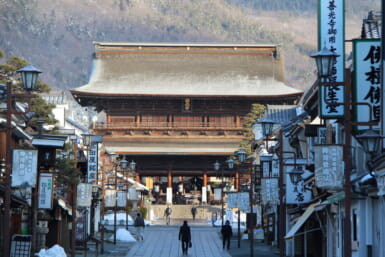Ian de Stains, on how to buy property in Japan
Like many Weekender readers, I grew up in a society where owning your own home is something of a statement of having ‘made it’. You either inherited a pile that had been in the family for generations, or as soon as possible after joining the career rat-race, you found someone to lend you the money to buy the desres.
When I first moved to Japan in the mid-seventies, maintaining property in the UK seemed like the sensible thing; my intention, after all, was to return after a couple of years. So a rented apartment in Tokyo was fine. But what rents! And as time rolled on and a couple of years became a couple of decades, I began to wonder whether I shouldn’t try to buy here. Sharing these initial wonderings with friends and colleagues prompted a number of responses, most of them negative: Can you really afford to do that? And even if you can, isn’t there something against foreigners buying property in Japan?
Buying at the time of the bubble would have been impossible, but by the time I finally bit the bullet (in 2001), residential property prices in London were significantly higher than in Tokyo and interest rates on loans here were significantly lower. The entire process was painless—though not without its essentially Japanese moments—and for anyone intent on staying here, is certainly to be recommended. Still, there are several misconceptions about foreigners buying residential property here.
According to Dylan Roberston of real estate company, CB Richard Ellis, the price of residential property in central Tokyo has risen sharply over the last three years. This would however, only really benefit some¬one who is destined to stay in Japan for longer than the average three-year expat stint. As I myself found, there was no legal restriction on buying property but having permanent residence status helped with the financing, which was far from being a problem—indeed the bank was keen to have me borrow more than I wanted. In Dylan’s view, being married to a Japanese national may also ease the search for a mortgage.
Interestingly, Dylan advises against buying brand new properties: they depreciate really quickly. A better idea is to buy something built in the 1980s (which will have depreciated) and renovate it. The advantage is that you can buy it much more cheaply, but that it still conforms to the 1981 earthquake codes.
Buyers of apartments in large apartment complexes may want to take extra care: one friend of mine who had spent a sizeable amount of money buying and converting a couple of apartments into a home for him and his wife, found that it was impossible to install broadband access because he needed the agreement of every other tenant of the hundred-plus development to have the installation work done. They didn’t give it.
Ian de Stains, OBE is the Executive Director of the BCCJ
Check out CB Richard Ellis at: www.cbre.co.jp








_KRAACH-クリスタルバスソルト-385x257.jpg)
